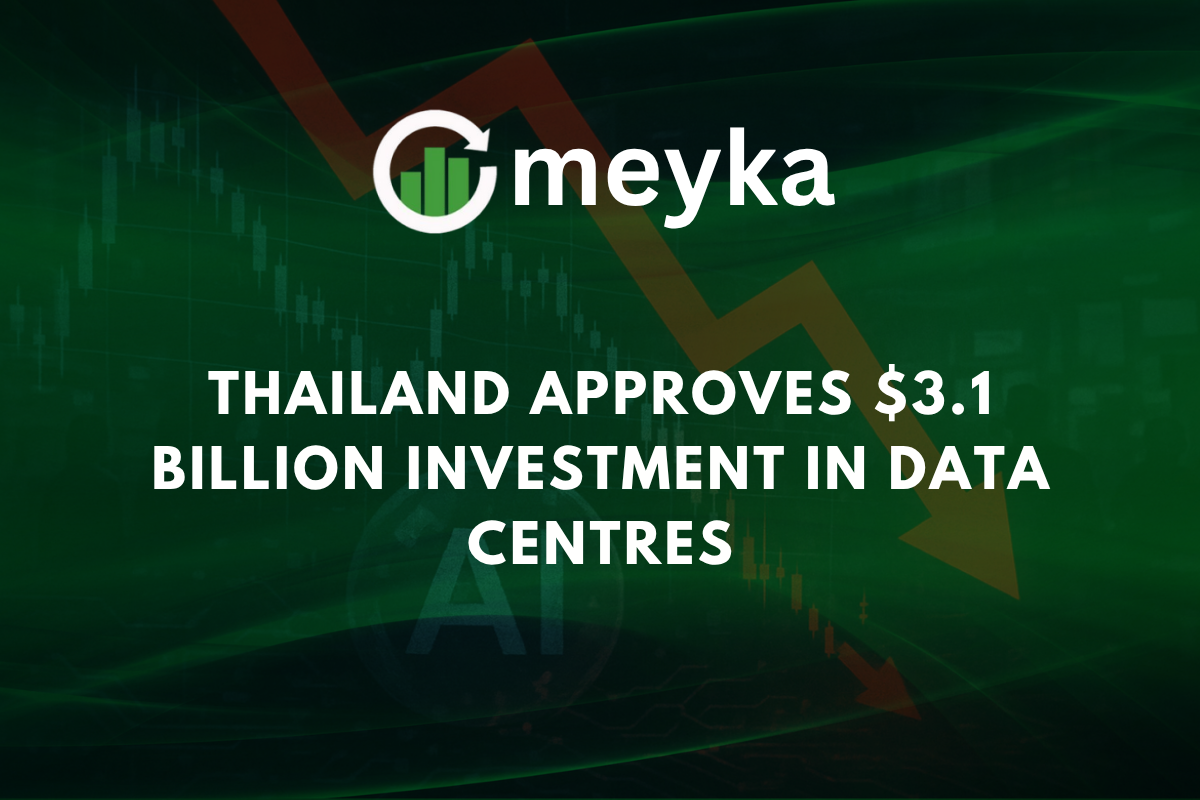Thailand Approves $3.1 Billion Investment in Data Centres
Thailand took a clear step toward a stronger digital economy today. The Board of Investment approved four data centre projects that add up to 3.1 billion dollars. It also cleared new measures to help already approved projects move faster, with licences that target power access, industrial land, visas, and work permits.
Continue Reading on Meyka
This article is available in full on our main platform. Get access to complete analysis, stock insights, and more.
Read Full Article →





